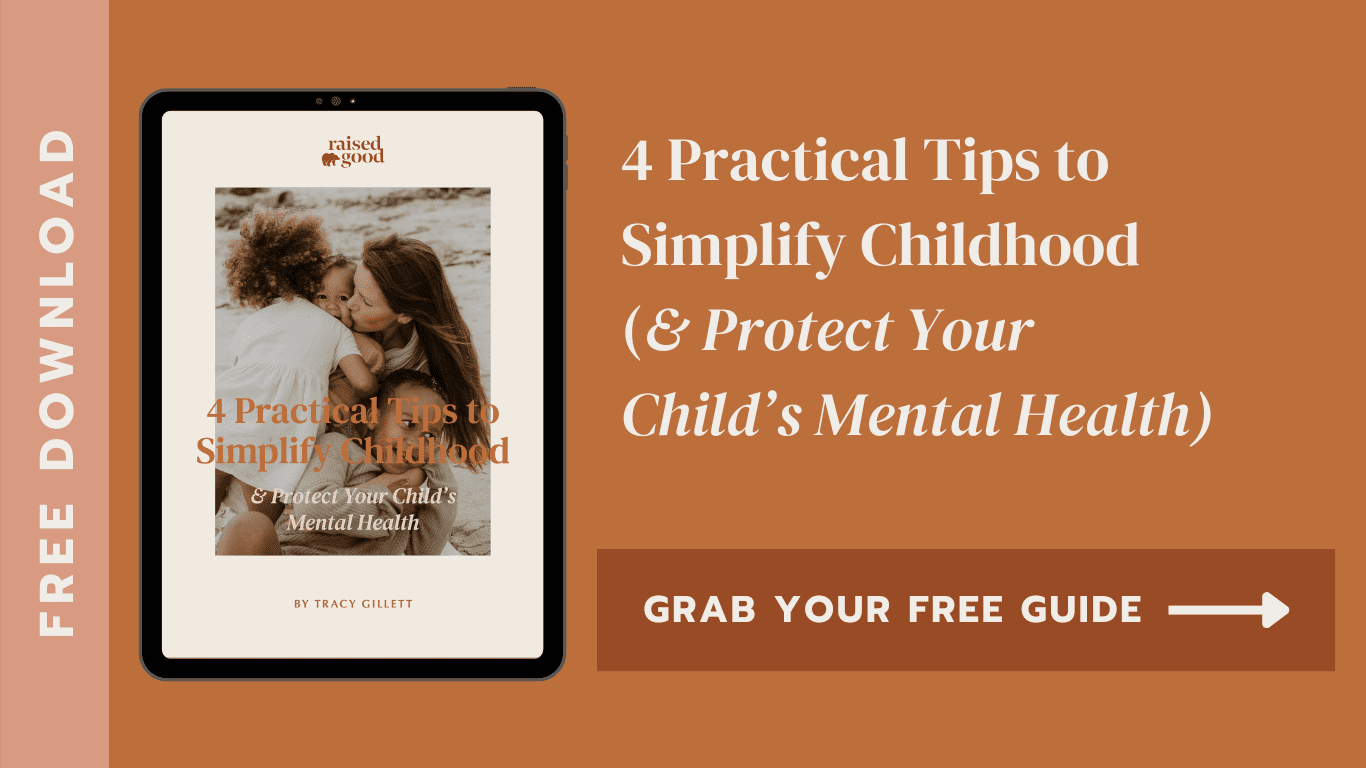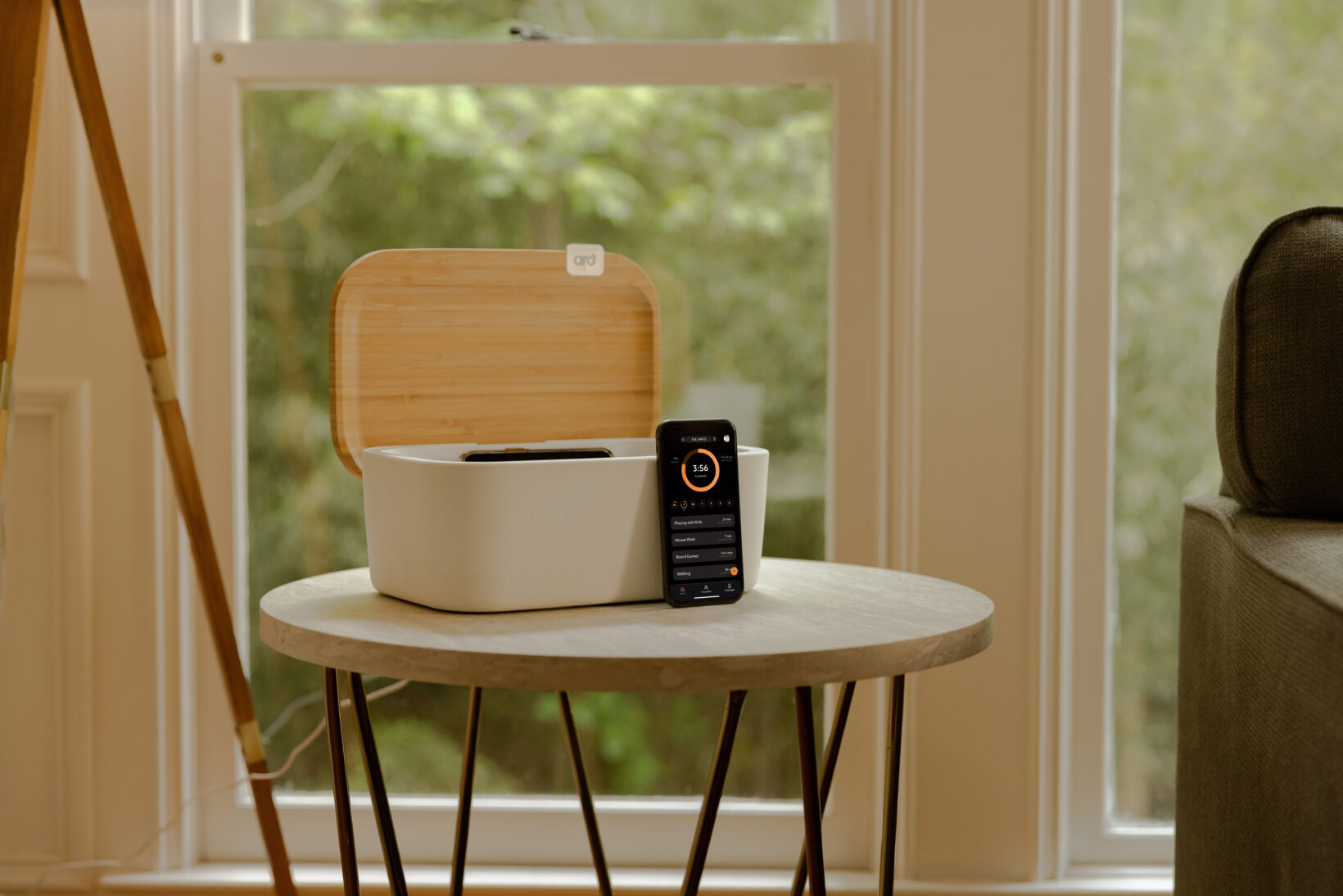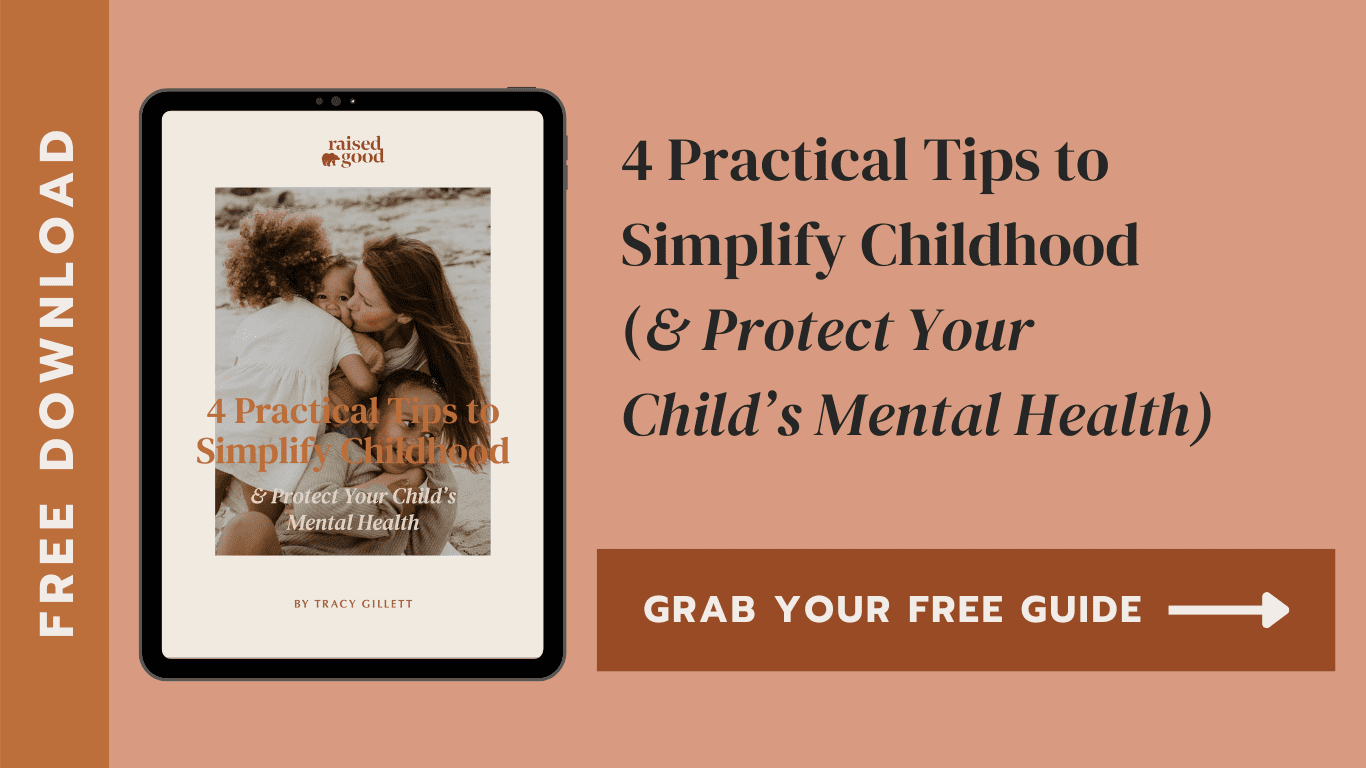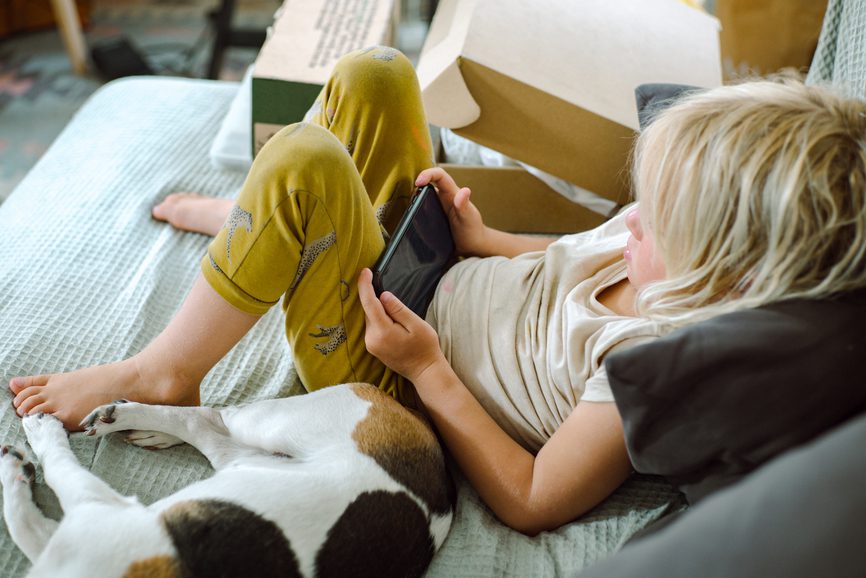The end of the street.
Around the block.
The distance between my house and my friends.
Beach holidays away with my family.
Summers at my grandparent’s place, playing backyard cricket and helping at my Pa’s farm.
The walk to school and back.
This was the entirety of my world as a child.
To me, nothing else existed outside of this little sphere of Australia, it felt like the whole world was here in this microcosm of my existence.
What I learned about the world, those I interacted with, and how we entertained ourselves was limited to what my immediate surroundings provided in our small corner of the world.
The only device in our home was the television with three channels to choose from.
Distractions were limited to books, board games, and my imagination.
Daydreaming was a legitimate pass time and many of us dreamed up stories of faraway places and adventures.
We played with the possibilities of those dreams, creating worlds from whatever was lying around and imagining what could be; unknowingly stretching our future potential and worldly knowledge through the simple act of play
There was more time for family, so much so that time spent together was taken for granted.
Parents had a more direct and tangible influence on their children’s experiences and development when I grew up.
Fast forward to today, and I find myself – an analog parent raising a child in the digital age – feeling an impending sense of urgency to make sense of raising children, whose brains haven’t changed a whole lot since hunter-gatherer times, yet what we are expecting their brains to process has changed dramatically.
Technology is outpacing the speed at which our evolution can adapt.
In this experiment that is smartphones, the internet in our pockets, and social media, the never-ending stream of devices and platforms are drastically altering the landscape of childhood and adolescence…if we let it.

The Good Old Days
I feel “old” when I hear phrases like “in the good old days” echoing in my mind….just like my parents talked about a time when they could buy milk for 20 cents, listen to music on vinyl or get a television set for the first time.
I feel the irony and wonder, for a moment “Am I overblowing this?”
Is it just that times are changing…as they always do?
There is an aspect of this, for sure.
And while nostalgia is one thing, I acknowledge that longing for the “good old days” when life was simpler isn’t the answer to guiding our children through today’s digitalised world.
We can do better than that! We have to…for them.
Because this isn’t about being resistant to change.
It’s about thinking critically and seeing that the rate and direction of change is surpassing anything we’ve seen in all previous generations.
It’s about listening to the alarm bells in my head and the feeling in my gut that something is off.
This isn’t right, for my child, or yours.
Society, governments, and big tech aren’t going to suddenly wake up one day and put the protection of our children’s mental and emotional health first. To them, our children’s attention is the commodity available for their exploitation…and we are the gatekeepers standing in their way with the responsibility to protect our kids.
It’s time to question the digital status quo
Just because we can hand our child a smartphone, does it mean we should?
In the name of “knowing where they are” and “keeping them safe”, should we be giving them unfettered access to the internet in the form of a pocket-sized computer?
The truth is we overestimate the physical dangers our kids are facing, and underestimate the virtual.
Should we be playing roulette with their mental health just to keep up with all the other kids in the neighbourhood?
I think not.
As conscious parents, we’re used to going the other way. Swimming against the tide. Questioning the mainstream. Thinking critically and making independent decisions for our families.
Impact on Parenting Styles
It isn’t just our children adapting and changing to this digital shift.
The shift in the digital landscape has necessitated a change in our parenting styles.
We find ourselves learning how to navigate and mediate our children’s online experiences; a daunting task due to the fast-paced evolution of technology.
Our role has expanded to include digital supervision, education about online safety, and fostering healthy digital habits. This leaves us seeking new resources, strategies, and support to effectively guide our children.
To be clear, I don’t have all the answers…but I’m willing to ask the questions.
And that’s our role as conscious parents…to be curious. To be seekers.
And I’m here for the ride with you, my friend as we support one another on this journey!
Having experienced an analog childhood, our generation of parents are digital immigrants, facing a steep learning curve when it comes to guiding our children on smartphone usage.
We must be proactive in educating ourselves about the digital world, staying updated with the latest trends, and keeping the lines of communication between ourselves and our children open about their online experience.
So, how can we form a bedrock for fostering a safe, supportive, and nurturing environment for our children as they navigate the complexities of the digital age?
What strategies can we use to ensure they experience the positive aspects of the digital age while also not losing their childhood to devices?
How can we support each other to be more conscious of our smartphone usage and prioritise human-to-human connection?
What can we do as parents?
Part one of this blog series highlights the importance of conscious and informed parenting around smartphone use and access. If you haven’t read the first post, here’s a link for you: Smartphones, Kids and Inconvenient Truths: What Parents Need to Know.
It may leave you feeling a little apprehensive just as I was after researching for the piece, but also ready to step up and take more responsibility as a parent.
Awareness is always the first step in conscious parenting.
In this, part two of this blog series, I want to share some of the best tips to support you and your child when it comes to all things smartphones to ensure they are not carried away into an unknown and unsafe digital realm by these highly addictive devices.
How to Navigate Smartphones Consciously
- Delay Smartphone Access
Wait as long as possible to give your child a phone, especially a smartphone.
18 is better than 16, 14 is better than 12.
The statistics clearly show that the longer you wait, the more it reduces the likelihood of depression and anxiety.
There are calls to wait until at least 14 or later when our children have the skills, emotional maturity, and understanding of responsible technology use.
In New Zealand, there are discussions about banning mobile phones from schools entirely.
One town in Northern Island, Greytown, has collectively taken a voluntary pact that their children will not have access to smartphones until secondary school in a bid to curb anxiety and exposure to adult material.
The Wait Until 8th Movement is leading the way and you can find out more about it here. Perhaps you can start your own movement locally and get as many parents as possible on board. Change within community is so much easier – this way there is no argument about your kid being the only kid without a phone.
- Prioritise Reading and Imaginative Play
Play is the work of childhood.
Real uninhibited free play.
Not gaming on a device.
With the rise of technology, play is what’s at risk.
So, instead of pacifying our toddlers by handing them our phones and setting a dangerous precedent for the future, we need to get comfortable with the discomfort of our kids’ boredom…which leads to creativity. Prioritise free and imaginative free play.
“Boredom always precedes a period of great creativity.”
Robert M. Pirsig
We need to teach our kids from a young age that the richest learning will always come through play.
Instead of letting kids learn to read or write on an app we need to yield the richness of learning that comes when we sit down and read together.

- Model Healthy Technology Habits
We can’t teach one thing, and do another.
As parents we must model the importance of setting our own boundaries and limits on our own screen use.
Let’s show our kids that phones are tools we use intentionally and not devices that control our attention.
“Little eyes watch what we do far more than little ears hear what we say. It is how we live, not how we demand they live, that has the most impact on who our children will become.”
L.R Knost
Can you put your phone away during quality time together to help actively listen to them and engage in meaningful conversations?
Can you emphasise the importance of real-time connections and human interaction by not reaching for your phone when it goes off mid conversation?
There is little use in telling our children they cannot have a phone or they are using their phones too much if we are struggling to put ours down.
Two tips to get your started:
- I bought this incredible little book for my husband for Christmas and in a few short weeks it’s made a huge difference to our family. I highly recommend How to Break Up with Your Phone (and yes, you can still keep your phone!
- A new company called Aro have created an ingenious, beautiful, home device designed for a generation of intentional families choosing to put their families in front of their phones. Are is the the first in-home digital wellbeing solution designed for families. Aro ensures you don’t miss out on what’s most important by making it easy for everyone to put down their phones and be fully present. Learn more here.

- Get Back Outdoors
There is a wealth of research that tells us nature is a balm for our children and ourselves.
By encouraging time in nature and unrestricted outdoor play, exploration, and connection we help our children back into balance and enforce a break from technology and screen time.
This can be as simple as a game of football in the backyard, a hike through the forest, or a run at the park. These opportunities give them so much more learning than they could gain through a device. Instead of watching videos or seeing pictures of the outdoors, get them out in it to experience it first hand.
Tip to get your started:
We just started the 1000 Hours Outside Challenge by Ginny Yurich. It’s simple – spend 1000 hours outside in 2024. Download a beautifully illustrated time tracker here. It’s not about competition – it’s about inspiration and motivation to strive for more time outside – such a good thing for us and our kids!
- Set Limits and Boundaries
For those with children already with their own smartphones the kindest and most helpful thing we can do for them is to set some firm limits and boundaries such as:
- Establishing technology-free zones
Within the home designate specific areas as technology-free, for both children and adults. Aro can be super helpful for this too!
For example, dining tables or bedrooms can be off-limits for smartphones. Instead, they become spaces for promoting family-focused interaction and healthier habits.
Time restrictions as to when technology is accessible can be helpful too. You just need to make sure you are encompassed in those same rules too!
- Prioritise real-life connections and experiences
Where can we engage in activities that foster connection and togetherness?
Can you add regular family game nights?
Find an activity you all love doing together – get out in nature and go camping somewhere where wifi can’t follow!
Set up nightly family dinners around the table.
By prioritising these experiences we communicate the importance of genuine connection and allow our children to experience that for themselves.
“You cannot expect an app dreamed up in a dorm room, or among the Ping-Pong tables of a Silicon Valley incubator, to successfully replace the types of rich interactions to which we’ve painstakingly adapted over millennia. Our sociality is simply too complex to be outsourced to a social network or reduced to instant messages and emojis.”
Cal Newport
- Use Parental Control Apps and Features Wisely
Explore the use of parental control apps or built-in features in smartphones to manage and monitor children’s screen time, content access, and app usage.
These tools can help set boundaries and ensure a safer digital experience when our child is online.
- Support Digital Detox Periods
Consider implementing regular digital detox periods.
This may be once a week or for a whole weekend, where the entire family disconnects from screens and engages in activities that don’t involve technology.
Choose to plug back into nature and each other instead.
A book that I can’t recommend highly enough which will walk you through this concept is Reset Your Child’s Brain, A Four-Week Plan to End Meltdowns, Raise Grades, and Boost Social Skills by Reversing the Effects of Electronic Screen-Time by Dr. Victoria Dunckley.

Together, We’ve Got This
In a world changing at a pace faster than our children are growing, it is up to us.
The companies who make this technology don’t want to limit our children’s use. In fact, they want the opposite – to monopolise their attention. So it is us, their parents, who need to step up and become their protectors in this digital realm.
We need to hold the container of childhood for them for as long as possible.
We need to make play reverent again.
We need to say no to handing our 8, 10, and 13-year-old a smartphone just because everyone else has one. Because in reality, it seems everyone else isn’t doing that well!
Just as children don’t need to know every detail about the world until they are old enough to hear it, nor do they need access to smartphones before their brains are ready and their hearts are mature enough to choose for themselves.
What path are you going to choose for your child? We cannot get rid of this digital age, but can have a choice around how we help them navigate it.

Comments